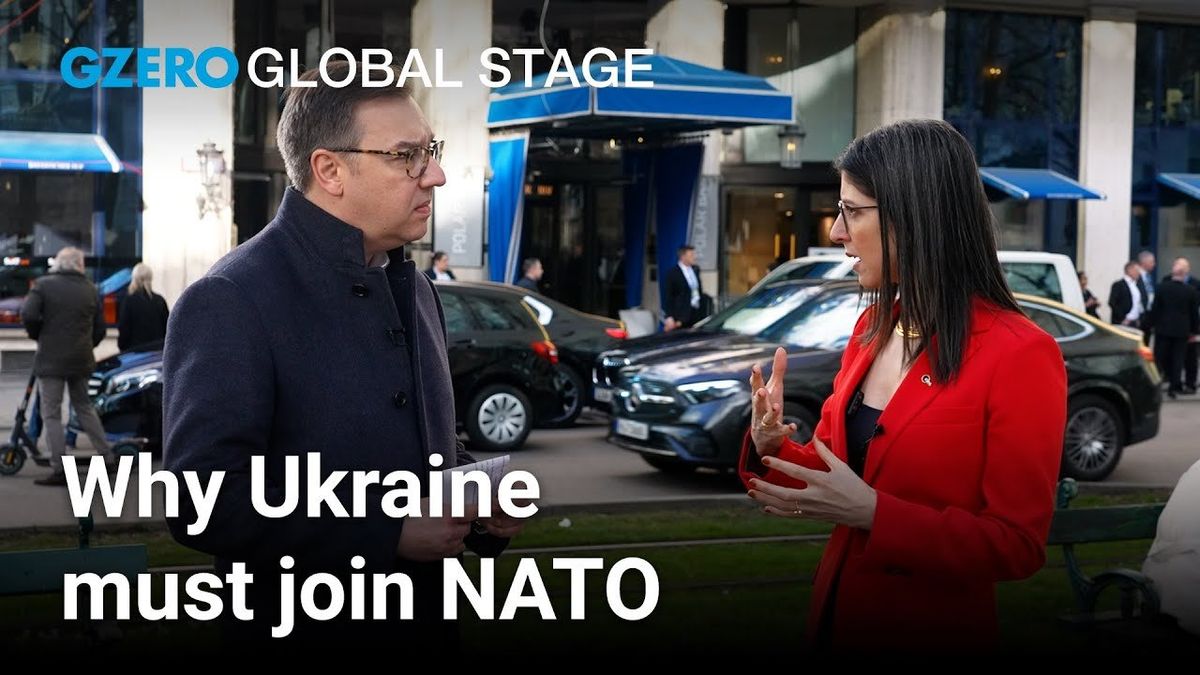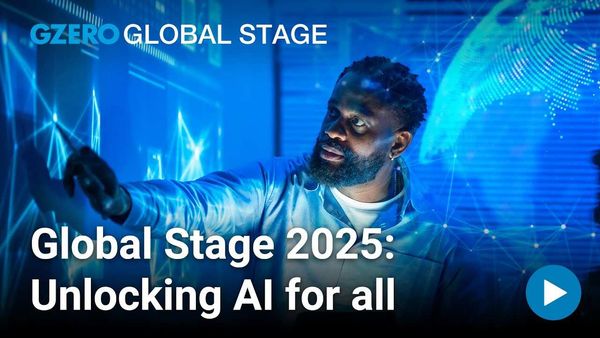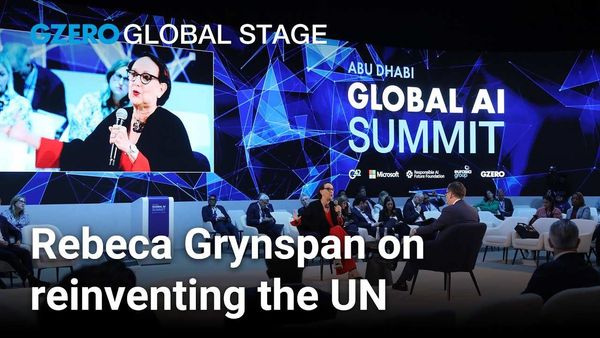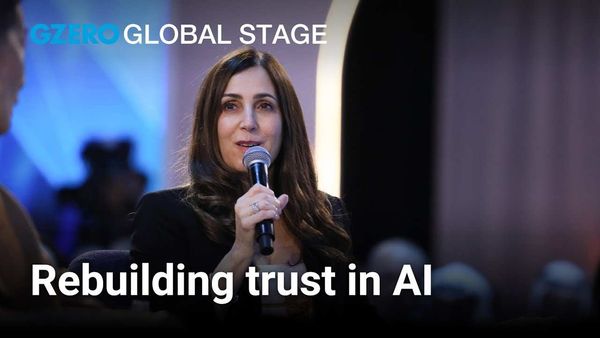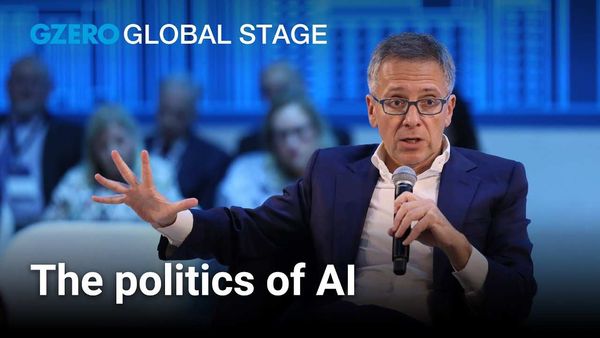GZERO’s Tony Maciulis catches up with Alina Polyakova, President and CEO of the Center for European Analysis, on the sidelines of the Munich Security Conference to assess Ukraine’s precarious situation two years after Russia's invasion. Polyakova highlights the intensified military strategy employed by Russia, making the situation dire for Ukraine. She stresses the urgent need for more military support and equipment from Ukraine's allies, especially from the United States.
Polyakova also addresses the debate around Ukraine's potential NATO membership, arguing vehemently for its inclusion. “The only way to secure what have been very positive wins of Western support for Ukraine is to solidify that at the NATO summit by extending an invitation to Ukraine, to even a session talks," Polyakova tells Maciulis. She dismisses the notion that Ukraine's membership would escalate tensions with Russia, asserting that NATO serves as a deterrent to aggression. She emphasizes that Ukraine's integration into NATO is crucial for Europe's long-term security.
Polyakova also clarifies misconceptions about Article 5 of the NATO treaty, stating that it doesn't automatically lead to military intervention. She advocates for starting accession conversations with Ukraine, emphasizing its military capabilities and the benefits it could bring to NATO.
Maciulis and Polyakova also touch on the potential impact of the upcoming US presidential election on Ukraine and NATO. She suggests that while President Trump's rhetoric about NATO has been concerning, his actions have largely supported the alliance. However, she acknowledges uncertainty about the future and the importance of maintaining trust and unity within NATO.
- Will Putin invade Ukraine? ›
- Putin has a “noose” around Ukraine, says Russia analyst Alina Polyakova ›
- Why Ukraine is the target of Russian aggression – analyst Alina Polyakova ›
- Ukraine's NATO & EU ambitions ›
- Should NATO embrace Ukraine? ›
- How Russian cyberwarfare could impact Ukraine & NATO response ›
- Sending NATO troops to Ukraine unlikely despite Macron's remarks - GZERO Media ›


